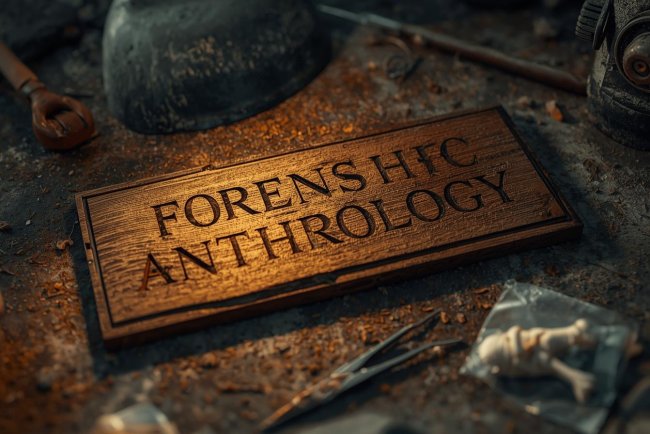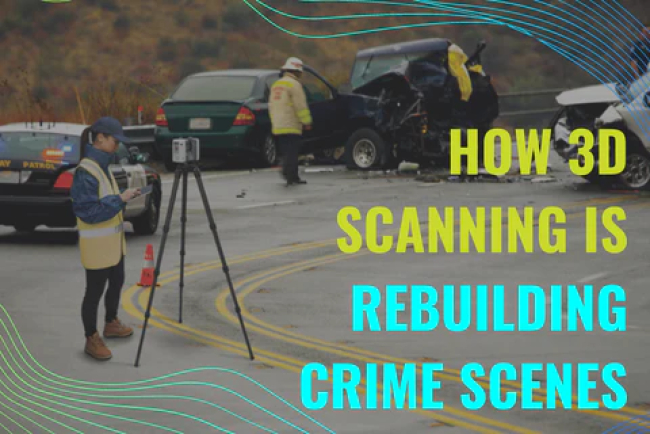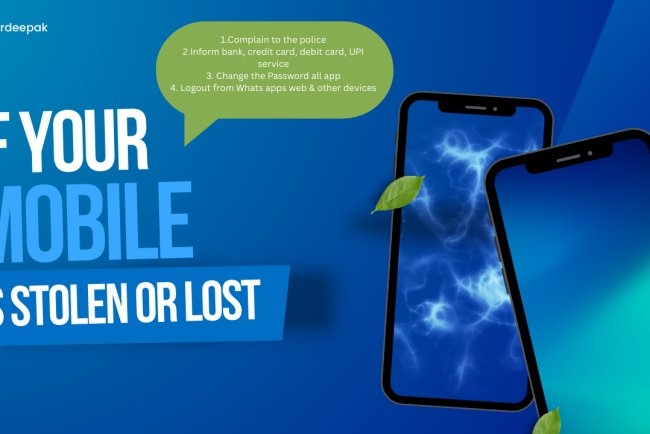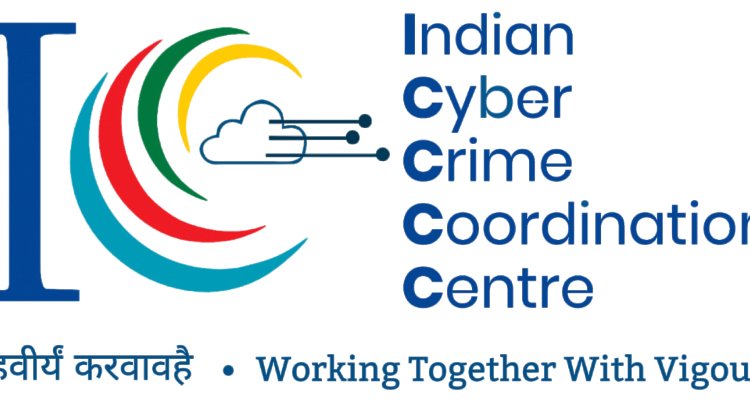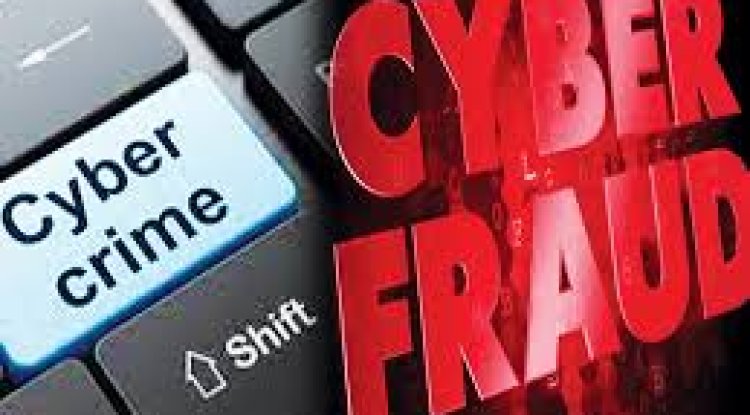Admissibility of Forensic Evidence in Indian Courts: A Review of Landmark Judgments
In criminal investigations, forensic science is a potent instrument for revealing the truth. However, whether the evidence is admissible under the law will determine how it is used in court. The Indian Evidence Act, 1872, and other court rulings govern the admission of forensic evidence in India, including DNA, fingerprints, digital forensics, and voice analysis.
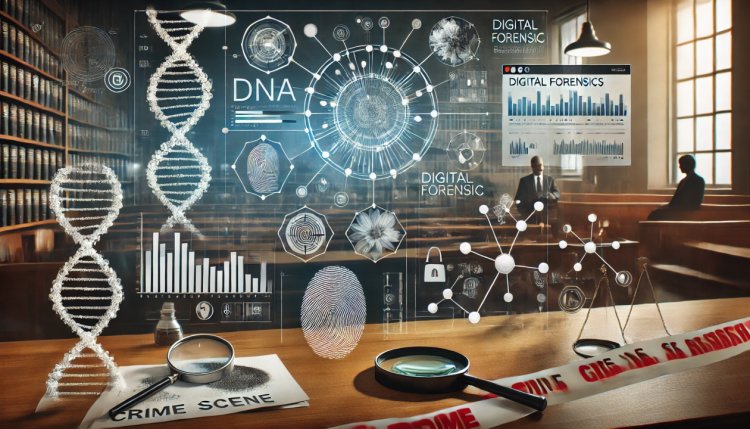
Legal Framework: Indian Evidence Act
Section 45 – Opinions of Experts
Expert opinions (including forensic scientists) are admissible if they assist the court in understanding scientific facts related to:
-
Fingerprints
-
Ballistics
-
Handwriting
-
DNA or chemical analysis
Section 65B – Electronic Records
Introduced via the IT Act (2000), it governs admissibility of digital and electronic evidence, including:
-
CCTV footage
-
Emails and mobile records
-
Voice recordings
Requires a 65B certificate confirming authenticity and method of data extraction.

Key Types of Forensic Evidence & Their Admissibility
| Type of Evidence | Admissibility Standard | Requires Expert Testimony? |
|---|---|---|
| DNA Profiling | Generally admissible; must prove chain of custody | Yes |
| Fingerprint Analysis | Highly admissible if collected properly | Yes |
| Voice & Audio Analysis | Admissible with expert validation and spectrograms | Yes |
| Polygraph/Narco Tests | Not admissible as evidence (only for leads) | No |
| Electronic Evidence | Admissible only with 65B Certificate | Often |
| Toxicology Reports | Admissible under Section 293 CrPC (govt labs) | Yes |
Challenges to Admissibility in Indian Courts
-
Chain of Custody Issues: If the evidence’s origin and handling are unclear, it may be rejected.
-
Lack of Expert Qualification: Only trained and court-approved experts can testify.
-
Tampering or Delay: Evidence that is altered, corrupted, or collected late can be questioned.
-
Failure to Produce 65B Certificate: For electronic evidence, this is often a deal-breaker.
Importance of Proper Forensic Handling
To ensure admissibility, the forensic process must be:
-
Legally obtained (with consent or warrant).
-
Scientifically validated (recognized techniques).
-
Clearly documented (lab reports, signatures, chain of custody).
-
Presented by an expert in court.
Follow cyberdeepakyadav.com on
Facebook, Twitter, LinkedIn, Instagram, and YouTube
What's Your Reaction?







